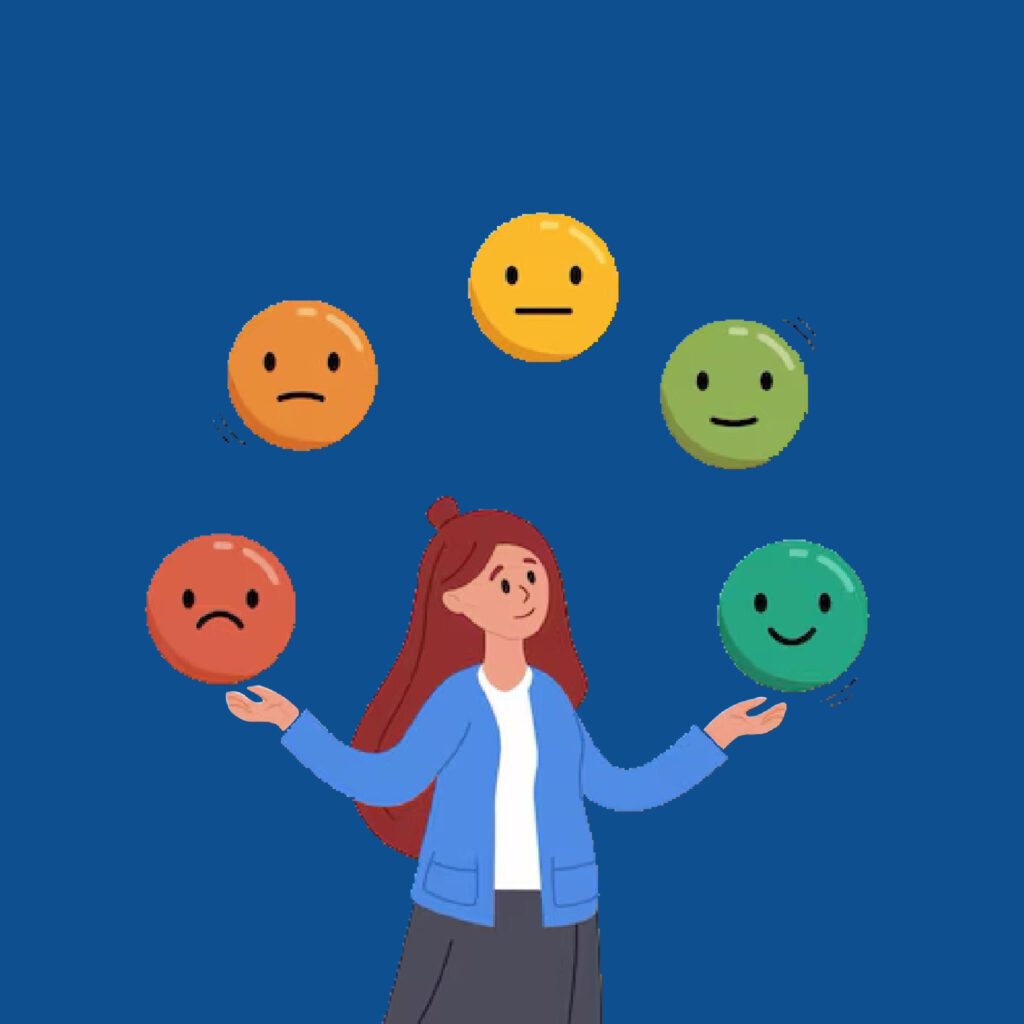As a therapist, I often learn valuable insights from my clients, which I love to pass along to others. Today, I had a client who shared that they enjoy reading Stoic quotes. One that stood out to both of us was: “It’s not what happens to you, but how you react to it that matters.” We discussed how life often throws unexpected challenges our way, disrupting our mood. When that happens, it can feel like we lose control. The good news, however, is that we can regain control of our mood by managing how we respond.
In life, the only thing we can truly control is ourselves. We can’t control what others say or do, nor can we control their reactions to us. But we do have the power to control our reactions. There are several ways to practice this control:
Identify your triggers – Learn what causes certain emotional reactions in you.
Label your feelings – Write them down to better understand them.
Try emotional regulation techniques:
Opposite action – Act in a way that’s opposite to the emotion you’re feeling in the moment.
Reappraisal – Question the validity of your feelings.
Temporal distancing – Think about how you’ll feel about the situation in the future to reduce the intensity of your current feelings.
Keep a mood journal – Track your moods and look for patterns in your reactions and behavior.
Taking control of our emotions and reactions is incredibly empowering. It helps us learn more about ourselves, build confidence, and strengthen our relationships. When we practice emotional regulation, we not only gain a deeper understanding of our own responses but also improve how we relate to others.







